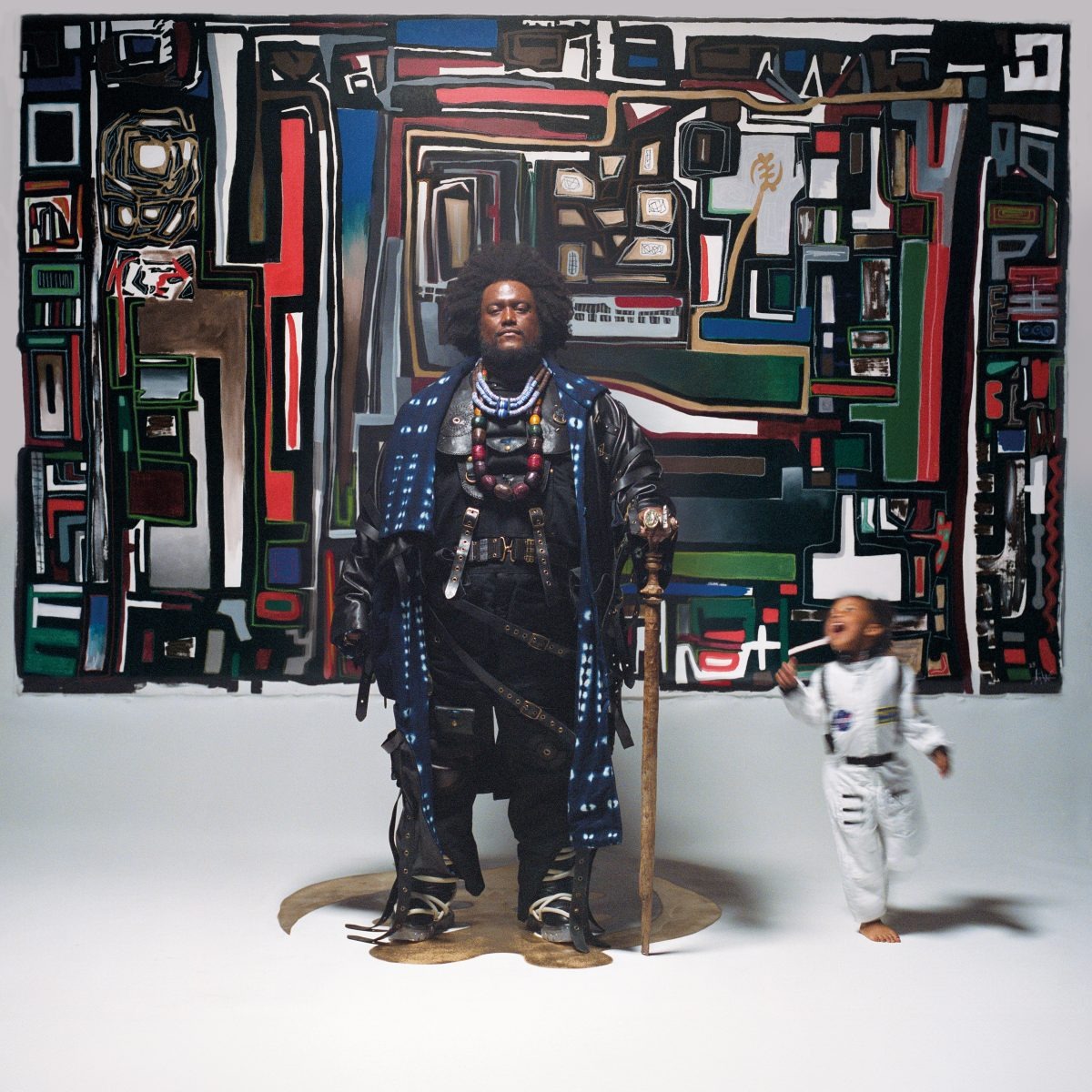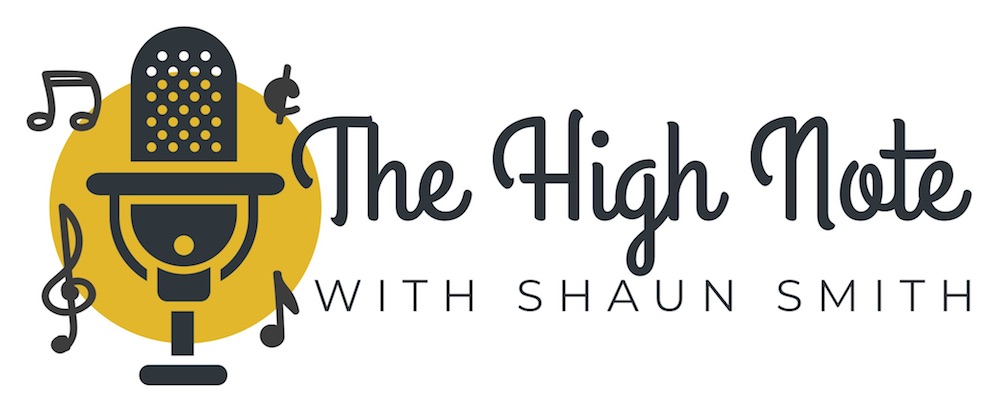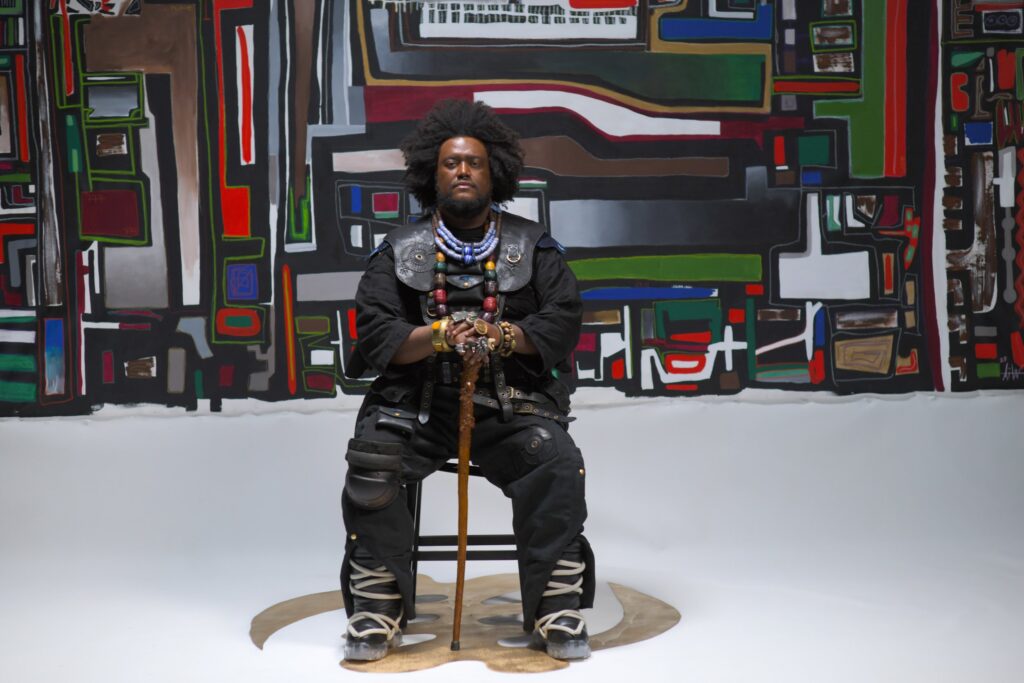From as long as I can remember hearing Kamasi Washington play – fearless is a good word to describe him. The tenor saxophonist and bandleader is arguably the most exciting voice of jazz since his 2015 solo debut “The Epic.”
With a long list of greats who have played the instrument before him, including John Coltrane, Sonny Rolins, Lester Young, Stan Getz, Dexter Gordon, Coleman Hawkins, and Wayne Shorter, just to name a few of my personal favorites, no one other than Washington has made me more excited about the modern jazz movement.
With his fifth album, “Fearless Movement,” released May 3, 2024, via Young Turks Recordings, Washington has again set another standard for excellence through his brilliant combination of jazz, funk, soul, and hip-hop inspired by dance.

“When people hear that I’m making a dance album, it’s not literal,” Washington said about the album on his website. “Dance is movement and expression, and in a way it’s the same thing as music — expressing your spirit through your body. That’s what this album is pushing.”
Written during the pandemic, Washington says he was inspired by global and local events.
“My daughter was born right in the middle of it. Those are two pretty big monumental things happening simultaneously. One that would change anyone, and one that did change everyone,” he said. “The kind of music I make is not necessarily associated with dance, even though I feel like the more expression in the music, the more it can inspire you to move.”
There is plenty of inspiration amongst the 12 tracks that span 1 hour and 26 minutes on “Fearless Movement.”
The album opens with a prayer in Ge’ez, the language of the Ethiopian Orthodox Bible – “Sing unto the lord, a new song.”
“‘Lesanu’ is a dedication to a friend of mine who passed away, and a moment to give thanks for my path,” Washington said. “Being a father means the horizon of your life all of a sudden shows up. My mortality became more apparent to me, but also my immortality — realizing that my daughter is going to live on and see things that I’m never going to see. I had to become comfortable with this, and that affected the music that I was making.”
The second track picks up on the expansive vibe that Washington creates with his music, with my favorite bassist Thundercat singing “Now my heart is free, staring back at me” before laying into some deep work on the fretboard which just sets up Washington to go off on the sax over a melody written on the piano by his then two-year-old daughter.
In addition to Thundercat, Taj and Ras Austin, the rap duo Coast Contra, join him on the track. They seamlessly blend this spacey jazz with a more grounded sound.
In addition to Thundercat, also joining Washington on the album are vocalist Patrice Quinn, fellow saxophonist Terrace Martin, drummer Ronald Bruner Jr. and vocalists DJ Battlecat and BJ The Chicago Kid.
“The band was playing with a lot of gusto for someone to play over it. It sounds like an instrumental solo,” Washington said of the track. The Los Angeles underground is very much used to hip-hop over music that is not a loop. In Leimert Park, where I grew up, the intersection between jazz and hip hop is intertwined.”
The space-age jam on “Computer Love” fits the title well. It includes Patrice Quinn, DJ Battlecat, and Brandon Coleman. The track starts off slowly and meanders closer to the infinite as time goes on.
Terrance Martin joins Washington for the shortest yet most vibrant track, “The Visionary,” which has the two free-flowing that lead into the abrupt start to “Get Lit,” featuring the smooth vocals of George Clinton on the chorus and the sharp verses by D. Smoke.
One of the standout tracks on the album pairs Washington with flutist Andre 300 for an exceptional exploration of sounds and vibes.
“Andre is connected to music in a way that’s inexplicable, and he still has that same magic on the flutes,” Washington said. “That honesty, and that trueness to his spirit is there.”
Although I have more history with Andre 3000’s music, I was most excited to hear the collaboration between Washington and BJ the Chicago Kid. Together, they transport the listener to the wee hours in a smokey jazz club. It’s hard not to get swept away with the atmosphere when BJ The Chicago Kid sings “Our hearts whirlin’ through time and space, dreams and fates, we’d embrace as we laid, together.”
What I love most about Washington is his timelessness – pairing ponent words with music that set him off to take off into soaring sax solos.
“Bright minds
With dark eyes
Speak loud words
Tell sweet lies”
The introduction to “The Garden Path” is smooth, but by the time Washington gets halfway through his mapping of the territory, it’s a very winding road.
“Road To Self (KO)” follows a similar trajectory with a strictly instrumental style that sets up the album for landing softly.
“Interstellar Peace (The Last Stance)” begins like the score of a historical fiction show. Its slow start and layering of various voices give the modern piece more historical relevance than standing on its own. It’s easy to get caught in the song’s narrative as it transverses time.
The combination of heavy percussion and lightly sweet vocals are what I love the most about Washington’s compositions – which is why “Lines In The Sand” lands amongst my favorites on the album.
The album curiously ends with “Prologue” which typically comes before a book and makes me wonder if this the beginning of a new movement or if it is circling back to the beginning of the record.
With “Fearless Movement,” he continues to push forward his progress and modern jazz with each deep breath through his unwavering saxophone.
See Kamasi Washington on Wednesday, July 31, at Birchmere in Alexandria, Virginia.
Get “Fearless Movement” from Kamsai Washington, Bandcamp, Amazon, Apple Music, YouTube Music, Spotify, Pandora, Tidal, Deezer and qobuz.
Favorite Tracks
Asha The First
Computer Love
Get Lit
Dream State
Together
The Garden Path
Roads To Self (KO)
Interstellar Peace (The Last Stance)
Lines In The Sand
Prologue


